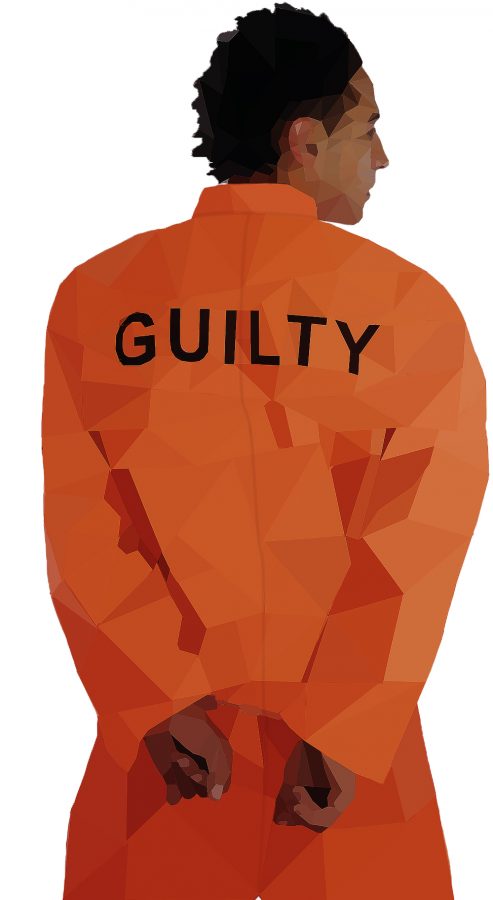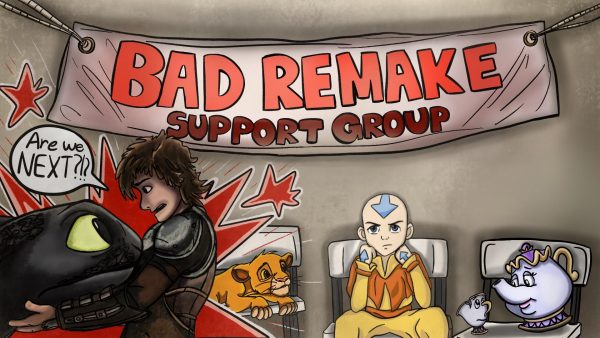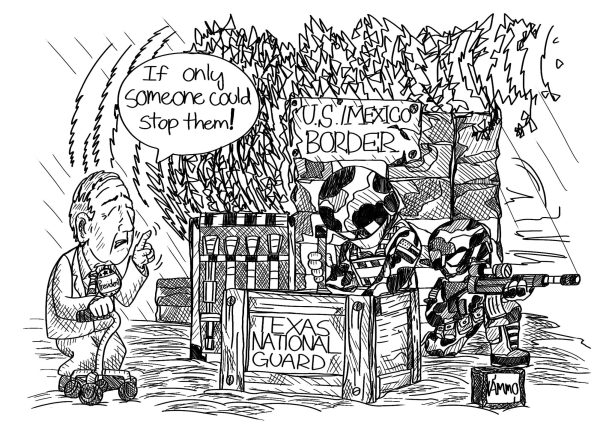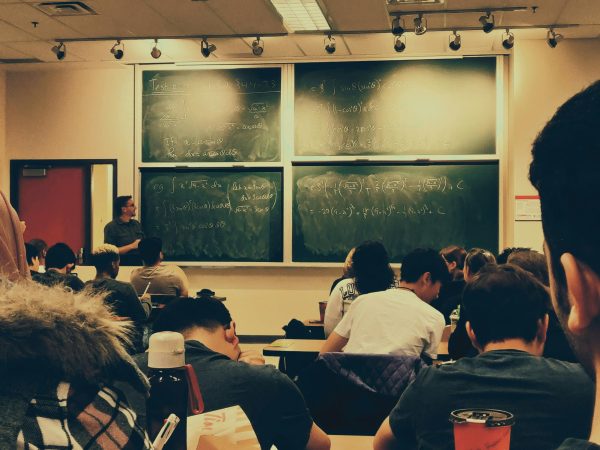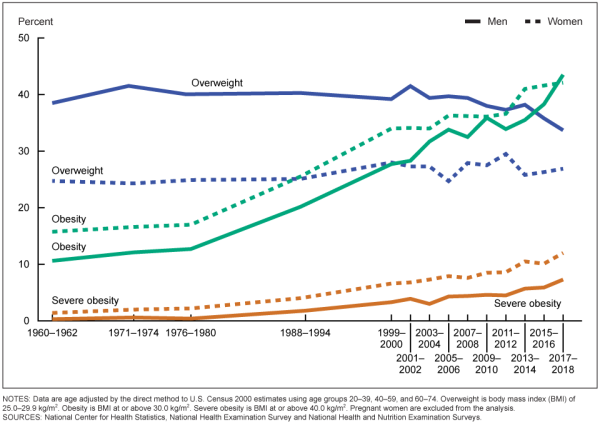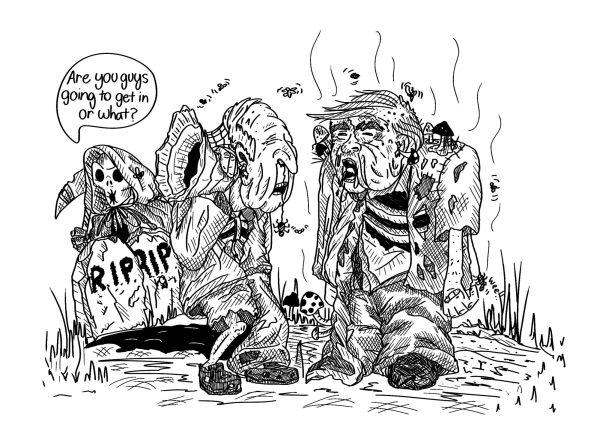Impossible appeals for teen lifers
May 5, 2016
The United States is the only country in the world that gives minors life sentences without the possibility of parole.
That’s right, commit a bad enough crime and you get to go away forever because you have no redeeming qualities and will never amount to anything in society. And if you’re African American, you’re even more likely to get life without parole.
This was true up until 2012 when the Supreme Court case Miller v. Alabama ruled that life without parole for juveniles was unconstitutional because it is cruel and unusual punishment.
But what about all of the 2500 teenagers, now grown men, currently serving life without parole for offenses they committed as minors?
Well, if they are in California they are going to need executive clemency, a signed note from the governor, which you know will take forever when the “How to apply for a Pardon” guide reads: “There is no requirement that the Governor take any action on an application for a pardon.”
Once submitted, the application will need to float through the governor’s office, the Board of Parole Hearings, District Attorney, and other “relevant persons.” And if you don’t think that’s slow enough, if there is more than one felony committed, the application must also go through the state supreme court where they must recommend a pardon before that application finally finds its way to the Governor’s desk, where…it will sit in a pile of papers he will look at five years after he retires.
Just this past week the American Civil Liberties Union (ACLU) filed a law suit against Maryland claiming that its current sentencing and parole policies are unconstitutional. Maryland has the same policies as California when it comes to granting parole for “lifers.” And guess how many inmates have been released — zero.
Zero in the past 20 years.
Were you the same person 15 years ago as you are today? My guess would be no, because people change over time. To think that we as a society are willing to throw away someone’s life because we think they can’t change is a bigger reflection on ourselves than on the individual.
Our prison systems are meant only to house the unwanted — keep them away from the general population— rather than rehabilitate offenders and try to create productive citizens.
I am not saying people are inherently good, I don’t know if I believe that, but I do believe our society is a failure if we give up on making a person better when they are only at the start of their lives.
If we lock them up and throw away the key we are admitting defeat without even giving them a chance.
According to the Vera Institute of Justice it costs Americans an average $31,286 per inmate annually. I don’t have 31 thousand to spend on myself in five years, but thats how much we collectively spend a year per inmate, who we want to house, and keep away from society because they will never make something of themselves.
However, California is on the up and up with Senate bill 9 which allows inmates to apply for a re-sentencing, where they might get the chance to be re-sentenced with parole. But it still looks grim for the 2500 men that are rotting away in our prisons, printing your license plates and preforming menial labor for the rest of their lives. Our prison system is based on punishment, not on rehabilitation and unless we make a change we will continue to pay for inmates to be housed away from society.





































































